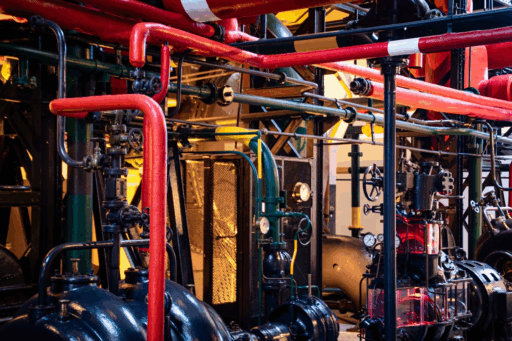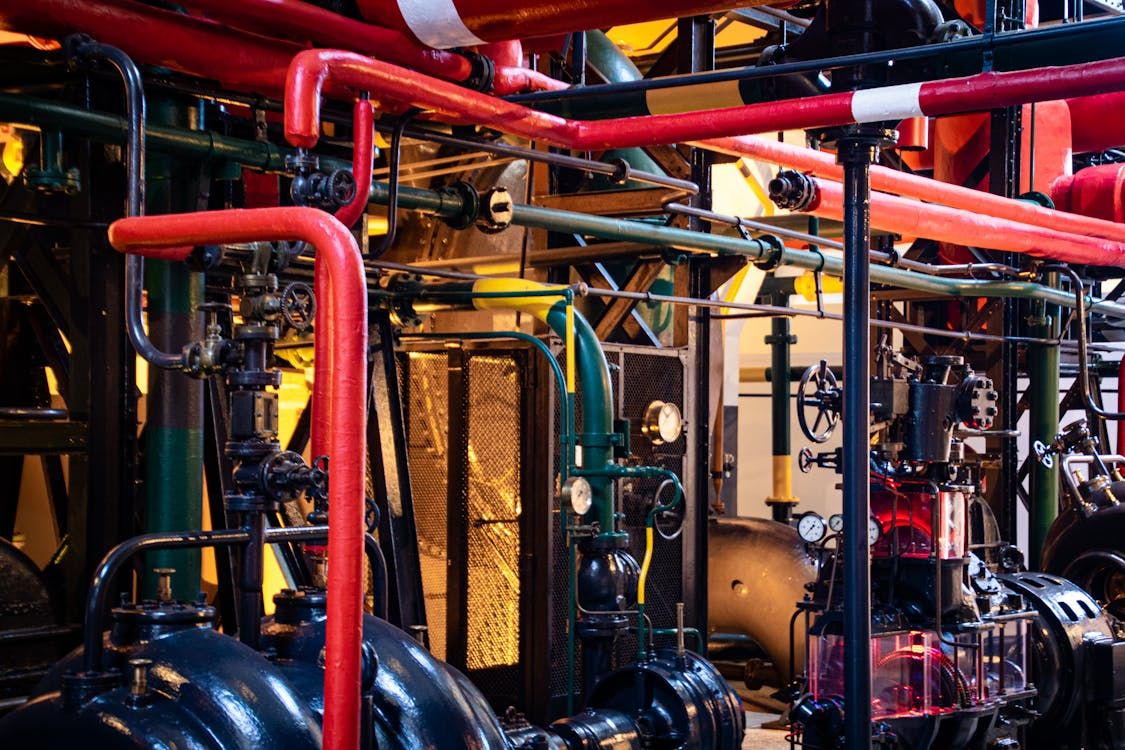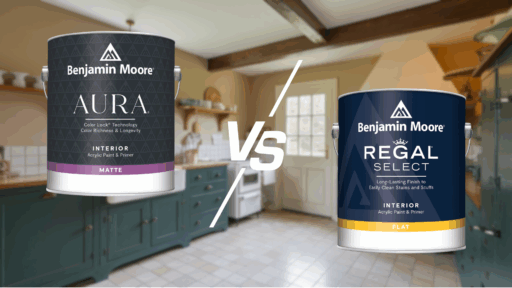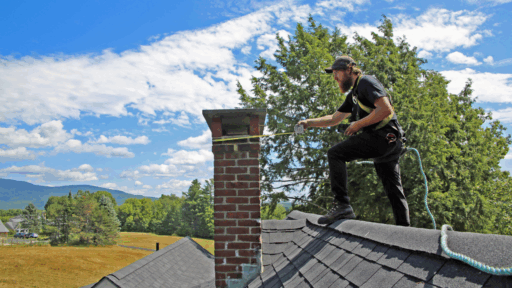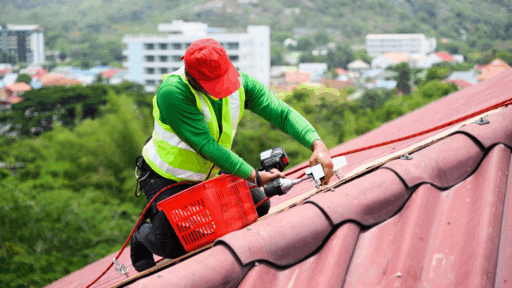Your home’s plumbing is its circulatory system, behind walls and under floors, quietly critical. While traditional repairs focus on fixing problems after they occur, a new generation of smart plumbing technology offers proactive protection.
These intelligent updates go beyond mere convenience; they are a warning system and a preventative measure. They safeguard your home from costly damage, conserve valuable resources, and enhance safety. Here are four key ways these upgrades protect your home.
Leak Detection and Automatic Shutoff: Your 24/7 Water Guardian
The most immediate and potentially catastrophic threat to any home is water damage. A burst pipe, a leaking appliance hose, or even a slow, hidden leak can cause structural damage, destroy flooring and drywall, foster toxic mold growth, and result in stratospheric repair bills. Smart leak detection systems are the ultimate safeguard against leaks.
They employ strategically placed sensors in risk-prone areas (behind toilets, under sinks, near water heaters, or in basements) that detect moisture the instant it happens, sending immediate notifications to your smartphone.
The advanced systems are connected to automatic shutoff valves placed at your main water line or key branch lines. When a leak is detected, these valves automatically close the water supply, and the flowing water is halted in a few seconds; thus, a small drip problem does not have the chance of developing into a major flood. This round-the-clock protection gives you peace of mind when you are away, at work, or even sleeping, and the chances of devastating water damage that may jeopardize the integrity and value of your home are slashed.
To get the best placement and integration of such complicated systems, it is best to hire experienced Tucson Plumbers. They provide plumbing services, repairs, and installations, and can give your home the protection it needs based on its unique layout.
Smart Water Heaters: Efficiency, Longevity, and Safety Combined
The unassuming water heater is a workhorse, but traditional units are often controlled by basic timers or run at a high temperature constantly, wasting considerable energy and over-stressing the tank. Smart water heaters, along with a properly installed booster water pump, turn this necessary element into an efficiency machine and a safety feature. They get to know how your household uses hot water and can program the heating accordingly, so that hot water is there when required, but standby heat loss during periods of low use is minimized.
This smart functioning not only reduces the energy costs and prolongs the tank life but also decreases the frequent heating up and the sediment formation due to overheating. This smart function saves on energy costs and prolongs the life of the tank by eliminating repeated heating and limiting the formation of sediment due to overheating.
Additionally, higher end models come with essential safety features such as automatic shut off in case of abnormal operation like dangerously high temperatures or pressure which can be a sign of failing tank, and leak detecting sensors on the bottom of the unit, an added measure of security against one of the most prevalent causes of major water damage in the house.
You can also monitor its status remotely using apps to change settings and get notifications when maintenance is required or a problem is detected. These features enable homeowners to maximize efficiency and avoid expensive repairs.
Smart Irrigation Controllers: Conserving Water and Protecting Landscaping
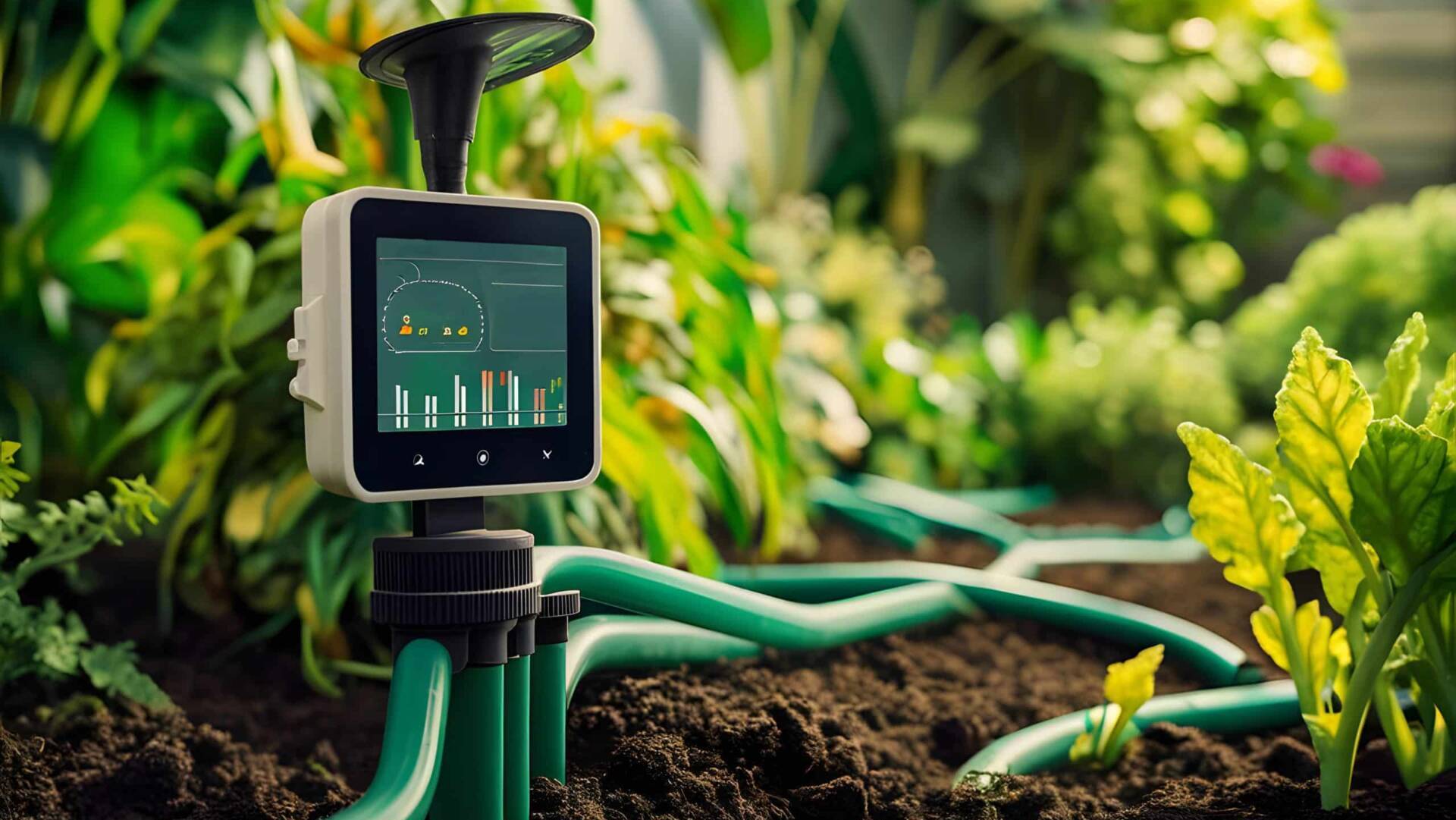
Outdoor water usage, particularly for landscaping, is a tremendous residential water user and potential source of waste and harm if not efficiently controlled. Traditional sprinkler timers adhere to rigid schedules, regardless of actual on-the-ground weather, and often overwater during rain or underwater during heat waves. Smart irrigation controllers leverage hyper-local weather data, soil moisture sensors, and even plant species information to create precise, dynamic watering schedules.
They skip cycles automatically when it rains, adjust watering time based on temperature and evaporation rates, and deliver the precise amount of water different sections of your lawn actually need. This prevents water waste and lowers your utility bills. It also protects your home’s foundation by avoiding the soil saturation that leads to shifting and cracking.
Conversely, hydrating plants properly in dry spells protects your landscaping investment. By avoiding over- and underwatering, smart controllers safeguard your home’s exterior structure and preserve your home’s curb appeal and value.
Water Quality Monitors: Safeguarding Your Family’s Health at the Tap
While municipal water supplies are treated, contaminants can enter through older home pipes, or concerns might arise about specific minerals or potential issues. Smart water quality monitors provide valuable insight into what’s coming from your taps. Installed under the sink or at the point of entry, these devices constantly test water for various parameters.
Some common measurements monitored are turbidity (cloudiness), PH levels (acidity/alkalinity), total dissolved solids (TDS), and occasionally specific impurities such as chlorine, lead, or copper. Real-time data is displayed via an app. It alerts you in real time to any significant deviation or abnormality that can indicate a problem, such as pipe corrosion releasing metals or a potential breach in the municipal supply.
This constant monitoring provides you with the ability to take proactive action. This can be the installation or servicing of a specific filter, addressing potential pipe issues, or alerting authorities to a greater problem. Safe water provides invaluable peace of mind and protects your family’s health at the very source.
Endnote
Smart plumbing innovations represent a significant shift from reactive repair to proactive home protection. With the integration of intelligent leak detection and shutoff, efficient and safe water heating, precise irrigation control, and ongoing water quality monitoring, you create a multi-layered defense system.
They work behind the scenes, preventing small issues from becoming expensive disasters, conserving valuable resources, defending the integrity of your water supply, and ultimately defending the structural integrity and value of your largest asset: your home.

